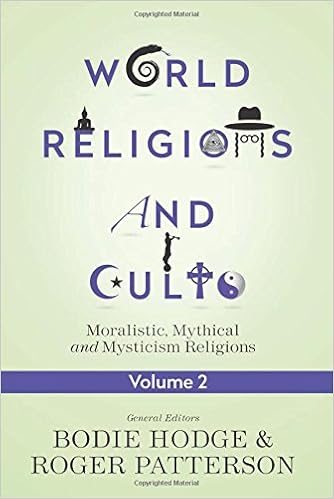Theism
Definition
Theism includes any philosophy which claims that some kind of God or gods exist.
Keywords: Theism, Atheism, Philosophy, True, God, Deductive.
Veracity
Theistic claims are true .
Proof
Either there are no gods, and therefore atheistic claims are true, or there is at least one god, and therefore theistic claims are true.
Premise 1: If atheistic claims are false, then theistic claims are true.
Premise 2: Atheistic claims are false.
Conclusion: Therefore, theistic claims are true.
Since atheistic claims are deductively false, theistic claims are therefore deductively true.

Gilbert Guttlebocker, Defender of Dragons
Riveting, yet absurd; romantic, yet innocent; Gilbert Guttlebocker, Defender of Dragons is a little Roald Dahl, a little Harry Potter, and a little Chronicles of Narnia, all rolled into one. Timothy McCabe collaborates with the great Benedict Ballyhoot to bring you the novel of the century!

In Printed Form
Along with numerous other authors including Don Landis, Bodie Hodge and Roger Patterson, Timothy McCabe contributes analyses of various world religions and cults in this volume from Master Books.
Other Writings
"Why does Jesus, when riding into Jeruselum (Matthew 21:7) ride on two things at once, the ass as well as the colt. Why does he ride both at the same time, and what does it teach us? Where also does it fit in in the 4 categories of 2 Timothy 3:16?"
Here are the relevant passages from the NASB: Matthew 21:6-7 The disciples went and did just as Jesus had instructed them, and brought the donkey and the colt, and laid their coats on them; and He sat on the coats. Mark 11:7 They brought the colt to Jesus and put their coats on it; and He sat on it. Luke 19:35 They brought it to Jesus, and they threw their coats on the colt and put Jesus on it.
Continue reading...
Atheism is false: a simple proof
Atheism includes any philosophy which claims that no God or gods exist, including any rational or reasoning creator of the universe.
Continue reading...
"If our choices are predetermined, how are they real choices? And how are we accountable?"
We know that our choices are predetermined because we, and everything in our world, was made by God, who knows all things and is also the author of time. He thus logically predetermines, and causes, our choices. So then, how are they "real" choices? That depends on what "real" means. If "real" means "not predetermined," then our predetermined choices are obviously not "real" choices.
Continue reading...